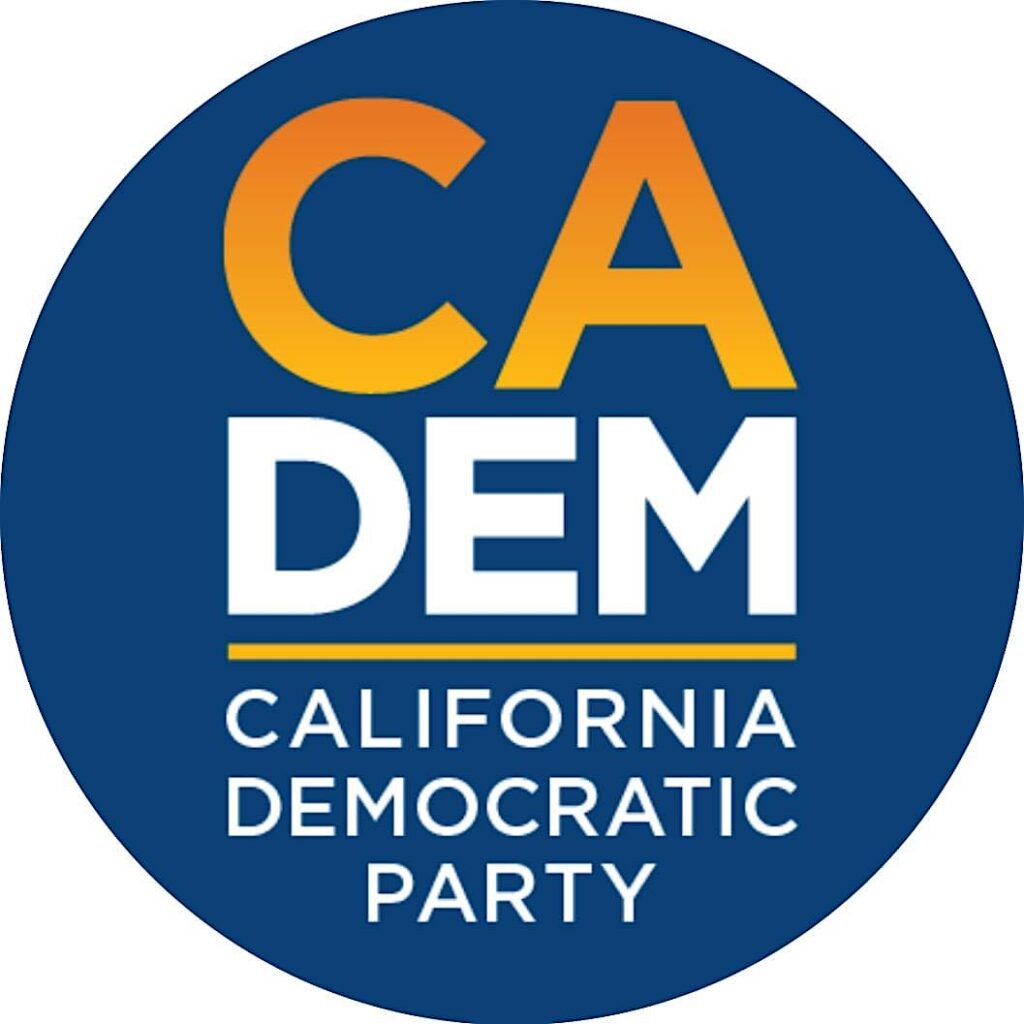There’s no traditional election this year (unless a recall of Sup. Joel Engardio qualifies), but the future direction of the California Democratic Party will be determined next month by what is typically a small number of voters.
In January and February of odd-numbered years, the state party holds contests for delegates to the Central Committee and Executive Board. Delegates are elected by Assembly district, which each district sending seven self-identified female and seven non-self-identified female candidates to the body that sets policy for the party.
Most years, the progressives run a slate, and the moderate-conservative corporatists run a slate, and these days, the current state legislators from San Francisco tend to support the moderate slate.

In 2025, the progressives are putting forward a Grassroots Rising Slate. I don’t know who is on the slate that will be backed by Assemblymember Matt Haney and state Sen. Scott Wiener. But you can find a list of all the candidates here.
Here is the Grassroots Rising Slate:
AD17: Virginia Cheung, Gloria Berry, Isabella Hill, Sierra Fischer, Venecia Margarita, Cheryl Thornton, Anbo “Vivian” Wei, Brad Chapin, Vincent Crisostomo, Justin Dolezal, Nick Ferris, Joshua Rudy Ochoa, Victor Smith, Peter Stevens
AD19: Wendy Aragón, Angelica Campos, Theresa Faapuaa, Leah LaCroix, Danielle McVay, Susan Pfeifer, Kalimah Salahuddin, Isaiah Clark, Graham Isom, Dana Johnson, Nick Parker, Arthur Barry Persyko
Safe to say many of the remaining candidates will be running as the moderate slate.
The elections used to be a one-day event where everyone would scramble to get their supporters to a central place, typically a union hall; the slates with more resources would bus people in. Voters would line up, often around the block. Volunteers would check everyone’s voter registration, then hand out paper ballots.
This time around, it’s a bit easier: You can vote by email, if you sign up in advance (by Jan. 31). You can also still vote in person.
The delegates vote on resolutions that set the policy of the state party—but they also vote on endorsements. When two or more Democrats are running in a primary for a state or federal office, the party can weigh in—and that endorsement is powerful.
If, for example, Rep. Nancy Pelosi retires after this term, and several candidates seek that seat (say, state Sen. Scott Wiener and Christine Pelosi), the party delegates can endorse one of them.
Or, as if often the case, delegates can block an endorsement, leaving the party officially neutral.
So the position matters. A tiny fraction of the registered voters in the city show up; since there’s online voting now, the turnout may increase. But this is one where every vote counts.



